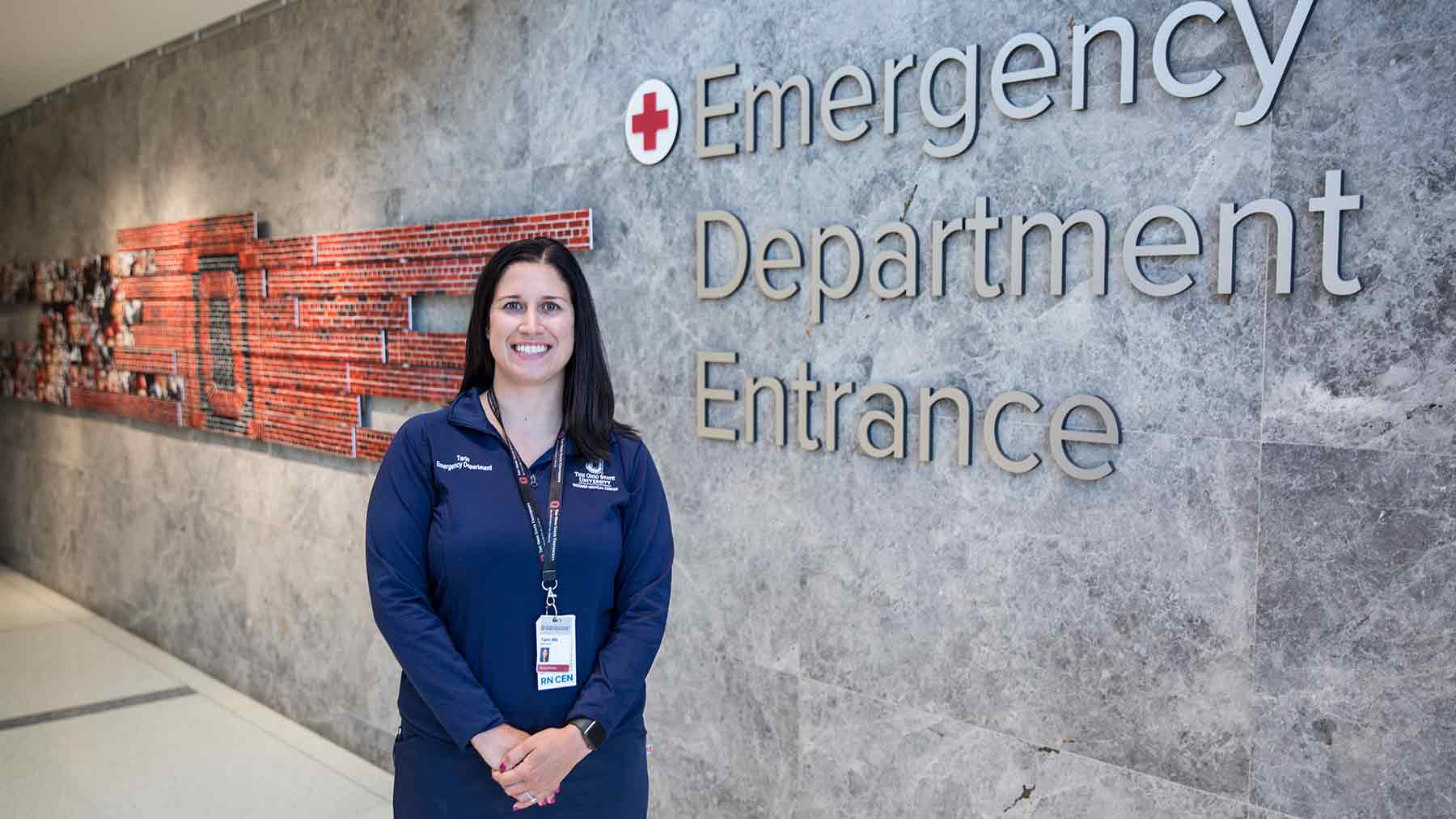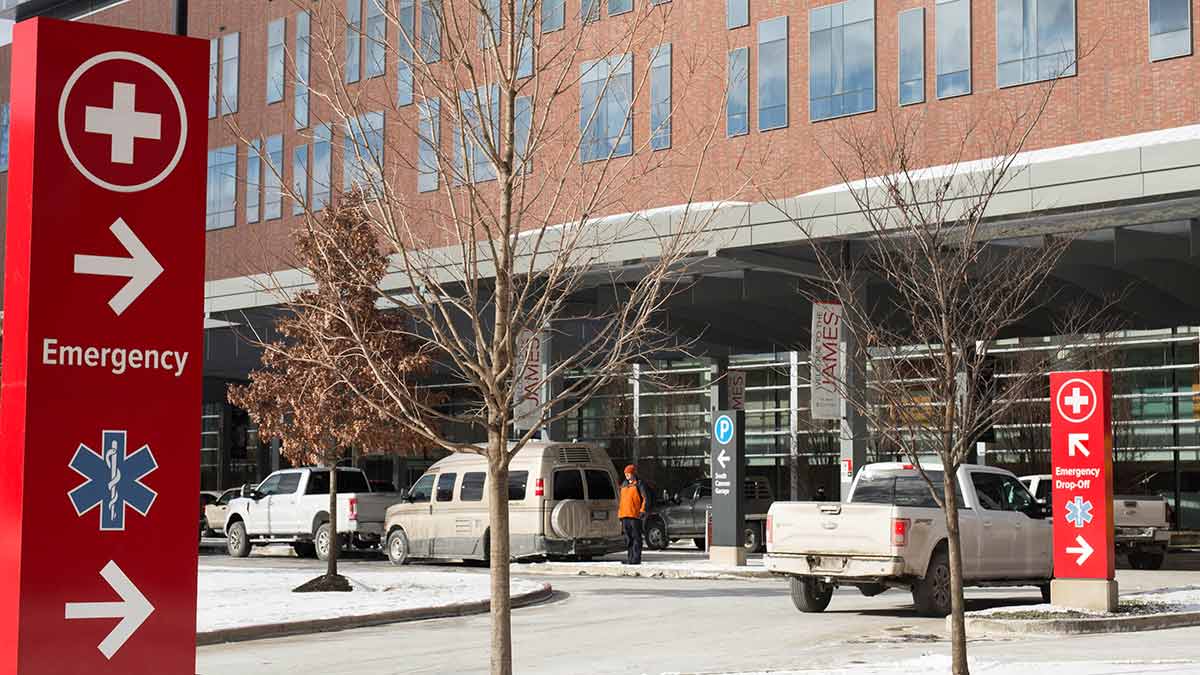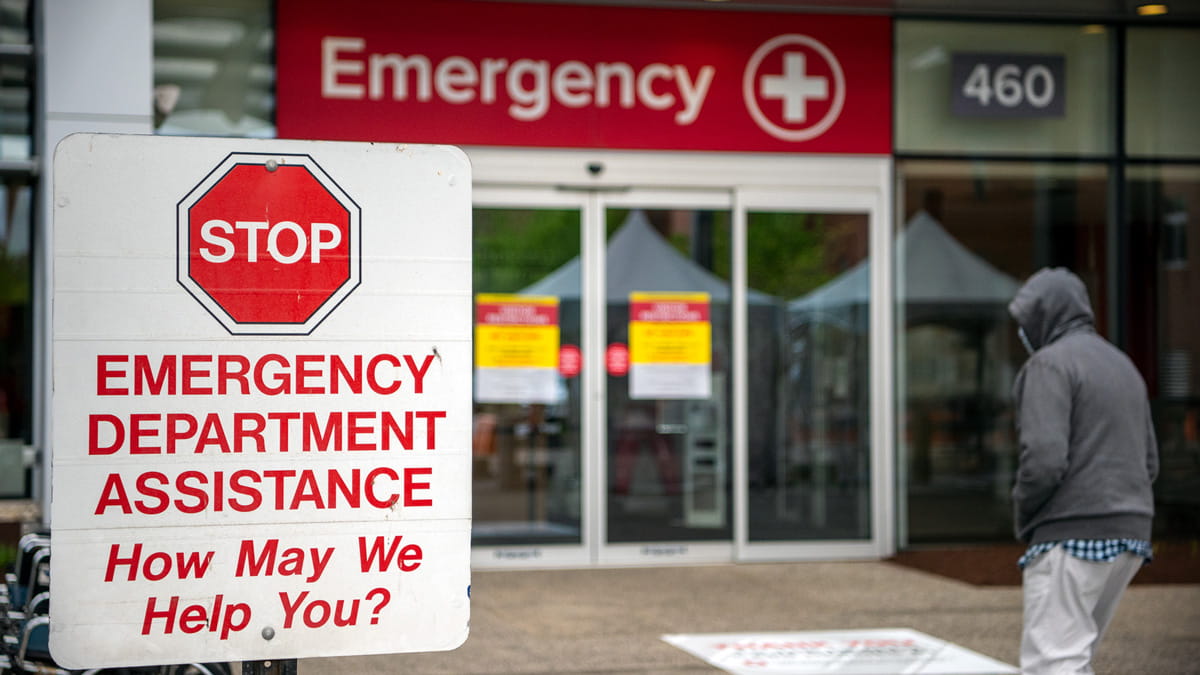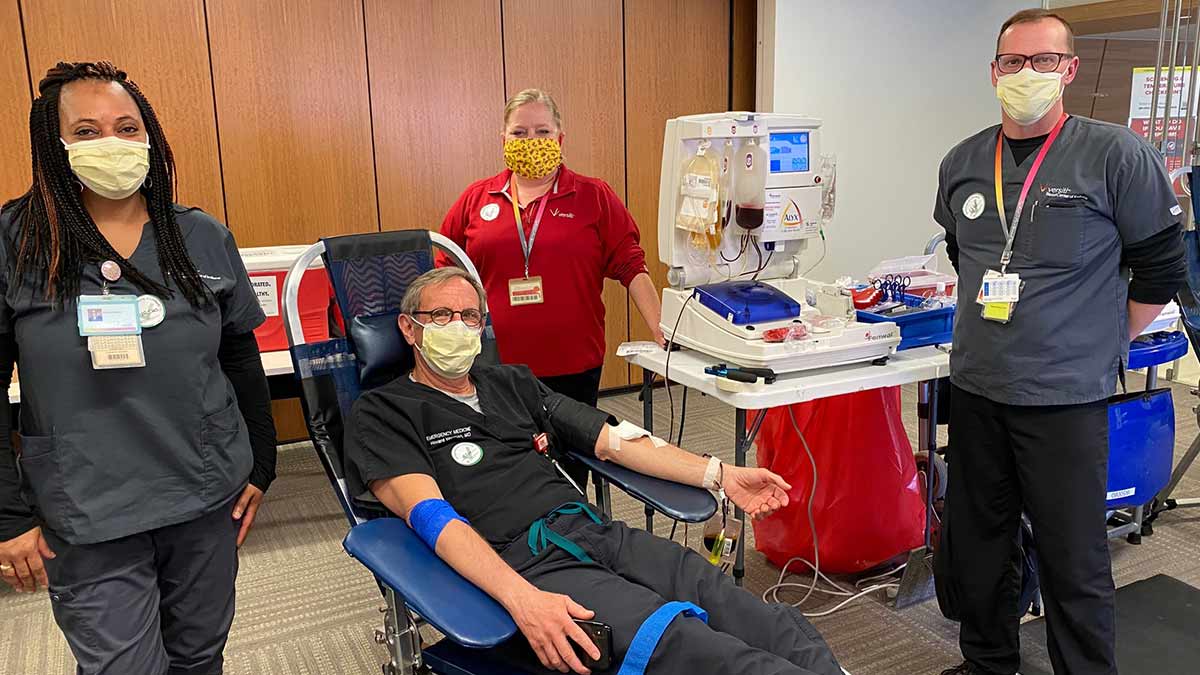What you need to know about sexual assault

If you’re a woman: 1 in 3.
If you’re a man: 1 in 4.
According to the Centers for Disease Control and Prevention, these are the statistical odds that you’ll experience sexual violence at some point in your life.
Let those numbers sink in. In comparison, the chance of you dying from cancer is 1 in 7, and from a car crash, 1 in 100.
These statistics are staggering. They drive me to continuously advocate for sexual assault victims around the world, while working relentlessly to improve the experience of sexual assault survivors post assault.
As a sexual assault nurse examiner, I work with survivors of sexual assault, domestic violence and human trafficking. My goal isn’t just to collect and document evidence, but to provide a safe space for survivors while guiding them through potentially the most difficult time of their life.
So often as a society, we allow our minds and opinions to be influenced and shaped by drama series we watch on television, when in all actuality they couldn’t be further from the truth.
If you choose to seek care following a sexual assault, here are some of the things survivors should keep in mind:
- Once an assault occurs, there’s a 96-hour window to collect evidence. Not only does coming to the emergency room for the exam and sexual assault kit allow for the collection of evidence, it allows us to empower survivors and connect them with valuable support services.
- Don’t worry about incurring a bill. Most states cover the cost of a sexual assault kit collection.
- As difficult as it may be, I advise survivors to stay in the clothing that they are in. If you do change, it’s OK, just bring the underwear you were wearing when you were assaulted, as well as any clothing or belongings that have any sort of blood, semen or other physical evidence.
- If possible, don’t urinate. A lot of medications are eliminated in the first urine cycle after you take them. If there’s any concern it was a drug-facilitated assault, we can collect urine and blood.
- Do your best not to take a shower. Not all is lost if you’ve already done so. There’s always the potential for collecting DNA evidence, but an evaluation before showering is ideal.
- Survivors are treated for sexually transmitted infections and are offered medication to prevent pregnancy and HIV. Referrals are made to primary care physicians or gynecologists, infectious disease experts and mental health services.
- Don’t eat or drink anything. If you were assaulted orally, there’s the potential to collect oral swabs.
- Be prepared to provide where, when and what time the assault happened. This information will help determine which law enforcement agency to contact. The agency will send a detective to speak with you.
- Be patient. Again, this isn’t television. Often collection kit results take a few months to be processed and the legal process can take more than a year.
Finally, please know that you’re not alone. Sexual assault nurse examiners are here to help.
Tarin Daniels is a registered nurse who specializes in emergency medicine. She is a sexual assault nurse examiner at The Ohio State University Wexner Medical Center.




